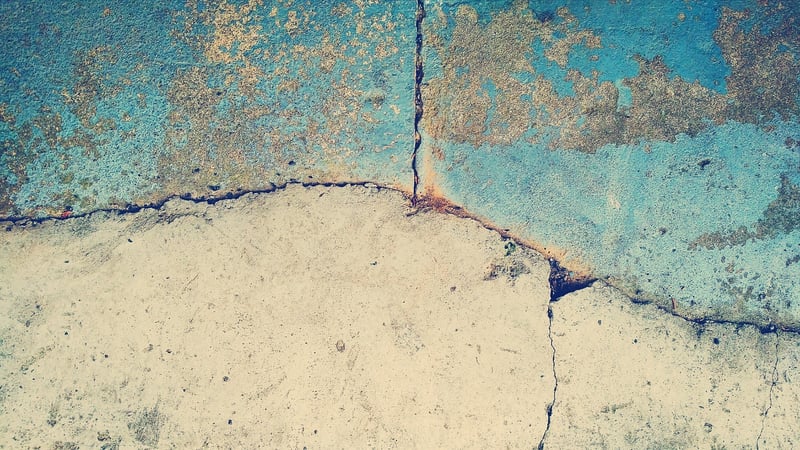Altering History
Contemplating the Moral Implications of Altering History
As humans, we are often drawn to the idea of altering history, whether it be through fiction, speculation, or hypothetical scenarios. The notion of changing past events can be both intriguing and unsettling, raising questions about morality, responsibility, and the consequences of such actions.
The Power of Rewriting History
Imagining a world where history could be altered at will opens up a realm of possibilities. What if significant historical figures made different choices? What if pivotal events unfolded in an alternate way? These questions spark creativity and curiosity but also force us to confront ethical dilemmas.
Moral Considerations
When contemplating altering history, we must consider the moral implications of such actions. Changing the past could have far-reaching effects on the present and future, potentially altering the course of humanity. Would it be ethical to manipulate events for personal gain, even if it meant erasing important lessons or sacrificing the integrity of historical truth?
Responsibility and Consequences
While the idea of rewriting history may seem appealing, we must acknowledge the weight of responsibility that comes with such power. Every action has consequences, and altering the past could lead to unintended outcomes. Would we be willing to accept the repercussions of our interventions, knowing that they could ripple through time in unpredictable ways?
Exploring Fiction and Philosophy
Throughout literature, film, and philosophy, the concept of altering history has been a recurring theme. Works of fiction often delve into parallel universes, time travel, and alternate timelines, sparking debates about free will, determinism, and the nature of reality. These explorations invite us to reflect on our own values and beliefs.
Conclusion
Contemplating the moral implications of altering history challenges us to think deeply about our actions and their consequences. While the idea of changing the past may be enticing, it serves as a reminder of the importance of integrity, respect for truth, and the unpredictable nature of time itself.

Remember, while we can imagine different versions of history, it is how we navigate the present that truly shapes the future.
